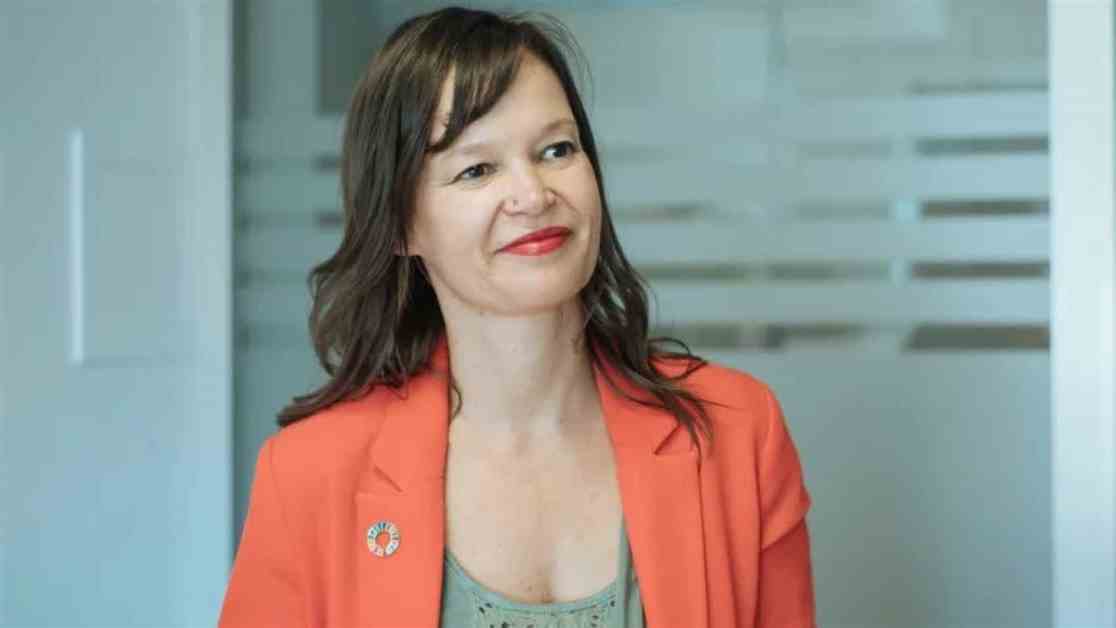Leire Pajín: A Return to Politics and the Changing Landscape of Spain and Europe
In a surprising turn of events, Leire Pajín, a prominent figure in Spanish politics, has announced her return to the forefront of the political scene as she takes on the 8th position in the upcoming European Elections for the PSOE. After a 12-year hiatus from active politics, during which she held various high-ranking positions in international organizations, Pajín is ready to make her mark once again.
Reflecting on her time away from the political spotlight, Pajín shares insights into the transformations that have taken place in the PSOE, Spain, and the global landscape. She highlights the radical changes that have occurred, emphasizing the impact of globalization, social media, and the prevalence of misinformation in shaping today’s political reality.
As Europe faces mounting challenges on its doorstep, Pajín stresses the importance of strengthening the region’s diplomatic capabilities and response to crises. She underscores the need for Europe to assert itself as a political entity capable of addressing conflicts proactively and upholding international norms.
Addressing concerns about Spain’s industrial and food sovereignty, Pajín acknowledges the vulnerabilities exposed by recent global events, such as the COVID-19 pandemic and energy crises. She underscores the EU’s efforts to enhance its autonomy in critical sectors and adapt to the evolving geopolitical landscape.
When questioned about the role of Teresa Ribera, the socialist candidate, in controversial water management decisions, Pajín defends Ribera’s track record and international reputation as a competent and respected figure in European politics. She emphasizes the importance of responsible governance and collaboration in addressing complex challenges.
In light of the current polarized political climate and the prevalence of disinformation, Pajín advocates for a more constructive and respectful approach to public discourse. She calls for a collective effort from political parties, media outlets, and citizens to foster a culture of dialogue and cooperation in the face of societal challenges.
Looking ahead to her role in the European Parliament, Pajín emphasizes the importance of listening to diverse perspectives and fostering collaboration among stakeholders. Her experience in bridging ideological divides and building inclusive partnerships positions her as a proponent of constructive political engagement.
As the PSOE navigates the political landscape in the aftermath of electoral losses, Pajín expresses confidence in the party’s resilience and the leadership of figures like Diana Morant. She believes in the ability of the party to address the pressing issues facing the community and contribute to Spain’s progress on the national and European stage.
In conclusion, Leire Pajín’s return to active politics signals a renewed commitment to addressing the challenges of a rapidly evolving world. With a focus on collaboration, diplomacy, and responsible governance, she aims to contribute to a more inclusive and constructive political discourse in Spain and Europe.





